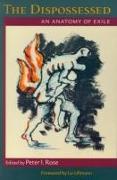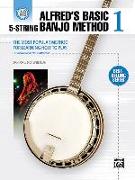- Start
- The Dispossessed: An Anatomy of Exile
The Dispossessed: An Anatomy of Exile
Angebote / Angebote:
Edward Said once noted that "exile is compelling to think about, but terrible to experience." The Dispossessed, a collection of thoughtful essays and critical commentaries on the meaning of exile, reverberates with the significance of Said's terse comment. After a foreword by actor and activist Liv Ullmann and an introduction by Peter I. Rose, the reader is offered a series of essays examining the experiences of refugees in various parts of the world, with particular attention to the disruptions caused by World War II. Contributors explore the politics of rescue, the dependency of the dispossessed, the role of key players and concerned citizens willing to extend themselves to provide safe havens and new opportunities for those forced to flee their homelands, and examples of the contributions of refugees, particularly refugee intellectuals, to their host societies. Throughout the volume there are two unifying motifs: the plight of displaced people, by they escapees, expellees, or hapless victims caught in the crossfire of other people's conflicts, and the role of others in attempting to mitigate the predicaments of the displaced. The book is divided into four sections. The first explores the meaning of "home" for those forced to leave it. The second section focuses on the experiences of a small cohort of rescuers who lived in western Massachusetts in the 1930s and 1940s or had connections to Smith College and other institutions in the area. The third section details the problems of adjustment and the cultural impact of scientists, artists, filmmakers, and writers on their host societies in the years before, during, and immediately after World War II. A brief fourth section consists ofthe reflections of two more recent refugees, a cuban father and son, the elder a psychiatrist and poet, the younger a sociologist who specializes in immigration and the plight of the dispossessed. The contributors to this volume were all faculty and fellows of a year-long col
Folgt in ca. 15 Arbeitstagen




